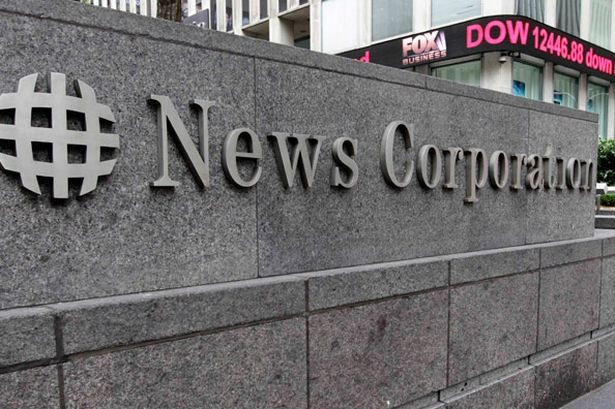Rupert Murdoch's News Corp 'Handed Journalist's Information to Police' to Avoid Prosecution

Rupert Murdoch's News Corp handed information to police regarding allegations of phone hacking and corrupt payments at the Sun and News of the World to stop the company being prosecuted, a court has heard.
Prosecutors accused the company of "shopping out their own staff" in order to stop an investigation into alleged corrupt payments to officials expanding to cover the company as a corporate body and "put 46,000 jobs at risk" in the US.
The court heard how a management standards committee (MSC), a unit set up by the US parent company of News International in the wake of the phone hacking scandal, passed on informational about individual journalists to avoid News Corp being dragged into a corporate charge.
The allegation was heard during the trial of six Sun journalists accused of making illegal payments to public officials at Kingston Crown Court. All six deny conspiring to commit misconduct in a public office.
Giving evidence to the court, det supt Mark Kandiah told the court how MSC handed information to police but became less co-operative when officers asked for minutes of board meetings. He added MSC was "not happy" when it was warned by the Crown Prosecution Service that it could be prosecuted for corporate offences.
This is crappy governance and the downstream effect of a prosecution would be devastating and apocalyptic.
When asked by Nigel Rumfitt QC, representing the Sun's head of news, Chris Pharo, who faces six counts conspiring to commit misconduct in a public office, whether News Corp were "very anxious" about the corporation being prosecuted if the investigation widens, Kandiah replied: "Certainly as time went on that became more and more of an issue."
"In slang, they were shopping their own staff," said Rumfitt.
Rumfitt then cited minutes from s meeting between Kandiah and Gerson Zweifach, a leading lawyer at News Corp, after learning they might be a suspect in the case.
During the meeting, Zweifach said: "It [a prosecution] could kill the corporation and 46,000 jobs would be at jeopardy.
"This job [cooperating with police] was to defend the company.
"This is crappy governance and the downstream effect of a prosecution would be devastating and apocalyptic."
Rumfitt said: "The point that he was making was that if the company was charged, rather than individual employees, that could have a regulatory impact in the United States, and they could withdraw certain licences and the company could go bust."
Elsewhere, the court also heard how two former editors of the Sun, Rebekah Brooks and Dominic Mohan, personally signed off on requests for payments to officials.
The jury was shown an email sent in 2006 from the paper's former managing editor Graham Dudman – who is on trial accused of four counts of conspiracy commit misconduct in a public office – which was sent to a number of journalists.
It read: "No cash payments will be made without Rebekah's written approval."
Kandiah claims to have never seen the email before the trial started.
Brooks was found not guilty of two counts of conspiracy to pay public officials at the end of the phone hacking trial in June.
The trial continues.
© Copyright IBTimes 2025. All rights reserved.





















